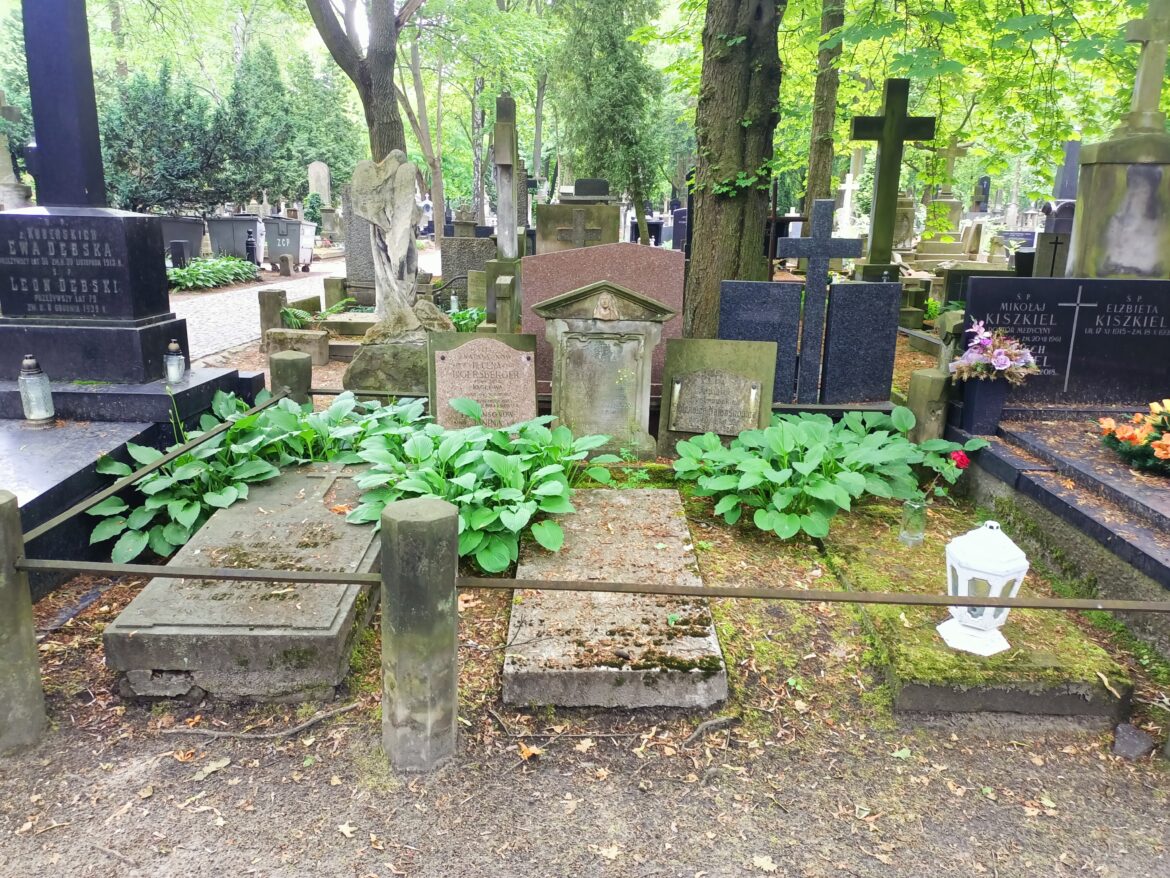Stefan Natanson was a person who had many passions. He was an engineer, an independence activist, and a music critic. In all these capacities, he showed a great deal of commitment, determination and, at the same time, love for his homeland. Let us take a closer look at this remarkable figure.
Stefan Natanson, also known by his alias Maciej Skołuba, was born on 2 November 1872 in Warsaw to a Jewish family. His education began in Warsaw and continued at a secondary school in Dorpat (today’s Tartu). He later took up studies in mechanics at the Charlottenburg University of Technology, where he became an engineer. His passion for music led him to the Berlin Conservatory, where he sang in the Berlin Philharmonic Choir under the baton of Professor Arthur Nikisch.
Poland did not exist in the 19th century as it had been occupied by Russia, Prussia, and Austria since the 18th century. Natanson was committed to the Union of Polish Youth “Zet”, working for the rebirth of the Polish state in Germany and France. In 1901, he faced the Prussian court in Poznań, accused of creating organisations aiming to regain Polish independence.
He failed to attend the trial and was tried in absentia. Unfortunately, he was arrested by the Russian authorities and imprisoned in the Warsaw citadel. After his release, in 1902, he moved to Krakow. There, from 1904, he joined the People’s School Society, where he held various positions, including secretary and vice-president. He was also active in the Democratic National Party and bought a printing press, which contributed to the publication of ‘Ojczyzna’ (Motherland), the journal of the National League.
After the outbreak of the First World War in 1914, Natanson and his family were evacuated to Vienna, and then went to Switzerland, where he became a key figure among Polish politicians in exile, attending meetings and conventions in Lausanne. In 1917, he took part in the establishment of the Polish National Committee, which dealt with the Polish cause among the Entente states.
After Poland regained its independence in 1918, he returned to his homeland. He worked at the Ministry of Foreign Affairs and later at the Magistrate of the City of Warsaw, where he headed the Culture Section. He supported cultural initiatives such as music matinees for young people at the Warsaw Philharmonic.
In 1935, he became chairman of the Municipal Department at the Main Board of the Polish Educational Society. After the outbreak of World War II, he hid in the Świercze estate, where he died on 9 April 1944.





